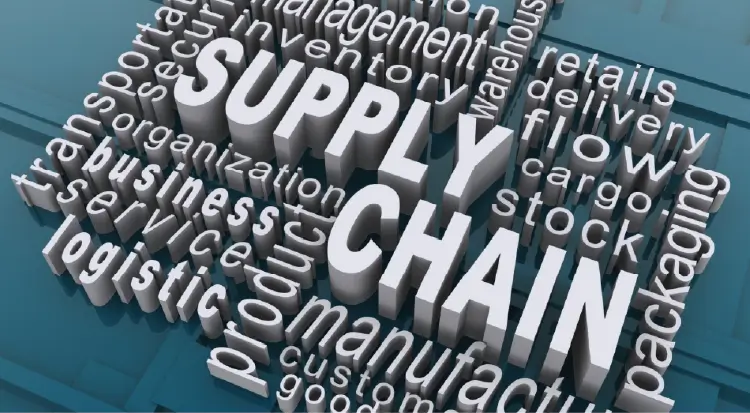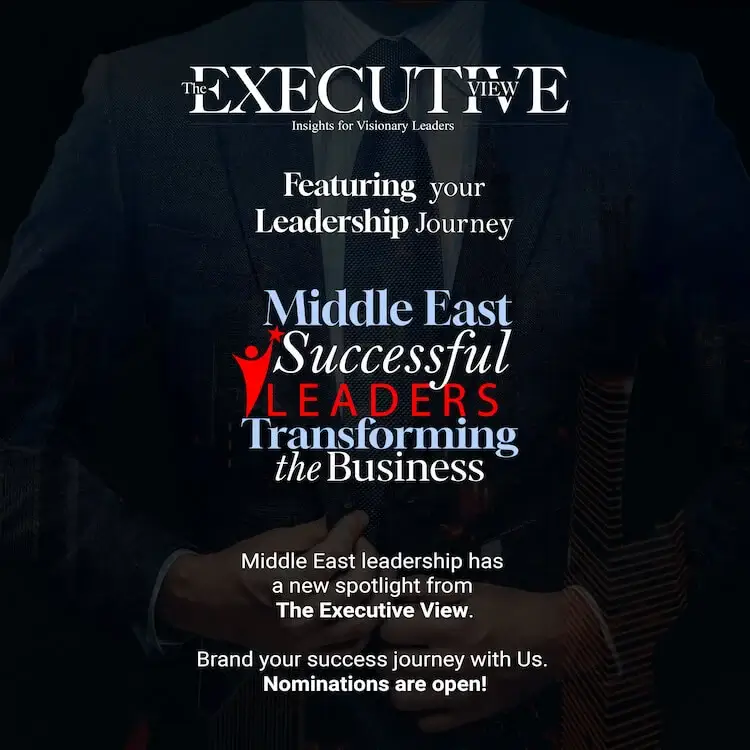The global supply chain disruptions caused by the pandemic have exposed the critical importance of trust in supplier relationships. Building and maintaining trust between companies and their suppliers is crucial for creating a resilient and effective supply chain. But establishing trust in business relationships is no easy task, and it requires conscious efforts from both parties involved. Recent research has shed light on the significance of trust in trading partner relationships and provided valuable guidance on fostering higher levels of trust.
This article explores the strategies that companies can employ to establish and enhance trust with their suppliers. Drawing from comprehensive research, including a unique assessment tool, we delve into various factors influencing trust and how they can be measured and improved. We will also discuss real-life examples of successful trust-building initiatives that have transformed strained relationships into thriving partnerships. In particular, this article emphasizes the significance of cultural fit, the impact of sourcing business models on trust, and the strategic choices involved in increasing trust in supplier relationships.
1. Trust Starts with Cultural Fit
Cultural fit plays a pivotal role in determining the level of trust between trading partners. When organizations have similar perspectives on how they operate, communicate, and make decisions, it fosters an environment where trust can flourish. The Cultural and Trust (C&T) assessment method has been instrumental in helping business partners gauge their cultural alignment across five dimensions.
For instance, consider a case where a medical device company outsourced facilities management to a supplier. The two entities encountered a cultural fit mismatch – the medical device company valued flexibility and innovation, while the supplier’s culture was hierarchical and process-oriented. Recognizing the misalignment, they amicably decided that the supplier would not participate in an upcoming competitive bid process. Furthermore, they established fair compensation for a smooth transition to the next supplier. This proactive approach exemplifies how acknowledging and addressing cultural differences can preserve trust and foster a cooperative relationship.
2. Your Business Model Matters
The choice of a sourcing business model also significantly influences the level of trust in supplier relationships. Ranging from highly transactional to strategic outcome-based contracts, the sourcing model can impact the dynamics between trading partners and their mutual success.
An example involving a pharmaceutical company outsourcing facilities management illustrates this point. Operating under a performance-based sourcing model initially, the parties met cost-saving and performance targets, but the supplier’s lack of innovation and contract constraints led to frustration and diminished trust. However, when they transitioned to a vested sourcing model, where risk and reward were shared, and outcomes were emphasized, the relationship saw substantial improvement. The supplier delivered transformative initiatives, cost savings, and higher profits, resulting in a 22% increase in trust between the parties. This shift to a strategic business model played a pivotal role in nurturing trust and collaboration.
3. Increasing Trust is a Strategic Choice
The notion that trust is a fuzzy concept can make its improvement seem challenging. However, research has proven that it is indeed possible to elevate trust in business relationships through strategic choices and behavioral changes.
One illustrative case involves the Vancouver Island Health Authority and a group of doctors providing hospitalist services. Struggling with trust issues during contract negotiations, they turned to a neutral review, employing the C&T assessment. This assessment offered tangible insights into the factors eroding trust and highlighted the desire for a better fit. Both parties made a conscious choice to improve their relationship actively, leading to a remarkable increase in their C&T Index and substantial business results. This exemplifies how a strategic decision to build trust can pave the way for better collaboration and mutual success.
Editor’s Note
In the context of US business supply chain management, the establishment of trust with suppliers is paramount. The lessons learned from extensive research and real-world cases provide valuable insights for businesses to improve their supply chain resilience. Emphasizing cultural fit, aligning sourcing business models, and making conscious strategic choices are key to building and nurturing trust with suppliers.
Trust enables businesses to move away from micromanagement and punitive safeguards, fostering an environment where collaboration to solve strategic challenges becomes the norm. By investing in trust, US businesses can develop robust supply chains, capable of weathering disruptions and driving innovation. A resilient supply chain with trustworthy partnerships is a competitive advantage that empowers companies to adapt swiftly to market changes and maintain a leading edge in their industries. In the ever-evolving landscape of global trade, trust remains the foundation for successful and sustainable business relationships between companies and their suppliers.
– By Bhushan Bhad









